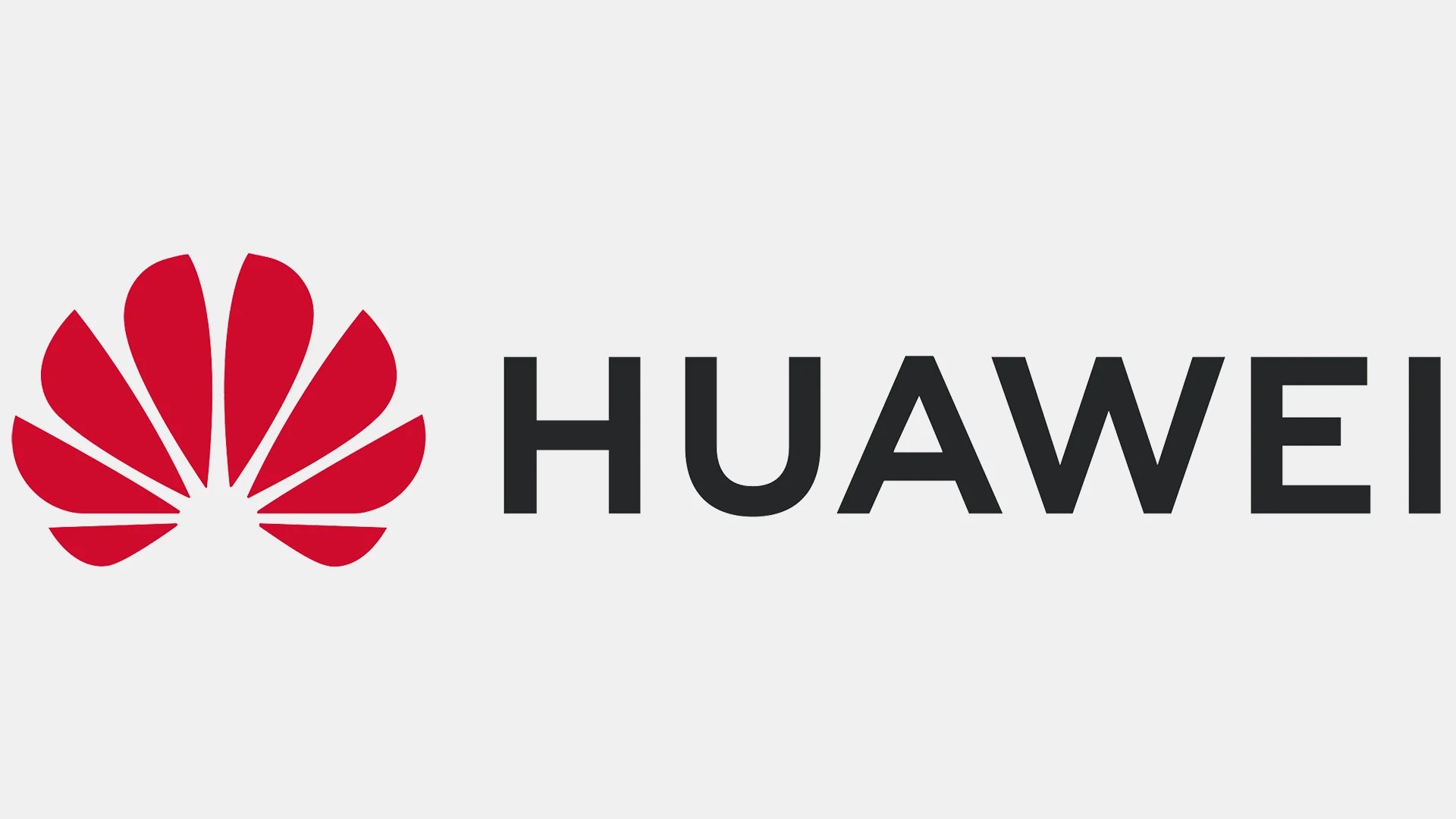Huawei's GPU Reportedly Matches Nvidia's A100

Image: Collected
Huawei's compute GPU capabilities are now on par with Nvidia's A100 GPUs, Liu Qingfeng, founder and chairman of Chinese AI company iFlytek, said at the 19th Summer Summit of the 2023 Yabuli China Entrepreneurs Forum (via IT Home).
Liu Qingfeng stated that Huawei has made significant strides in the GPU sector, achieving capabilities and performance comparable to Nvidia's A100 GPU. If true, this would be a remarkable accomplishment considering Nvidia's longstanding dominance in high-performance computing and AI. Liu also noted that three board members from Huawei are collaborating closely with iFlytek's special team, highlighting the strategic importance of this tech advancement for Huawei and the broader Chinese AI ecosystem.
It is noteworthy that Huawei has never confirmed the development of its own compute GPUs, so iFlytek's comments are essentially the first confirmation that such a product exists. In fact, the company has Ascend 910 AI accelerators used for Huawei's Atlas 900 Pod A2 AI training cluster that Huawei has been using for its AI efforts for a while. Yet, the head of iFlytek specifically noted that he was talking about a compute GPU, which points to a new product.
Liu noted that while AI algorithms developed in China are robust, computational capabilities of domestic hardware have traditionally lagged behind Nvidia. He cited the challenges that Chinese companies have faced in training large-scale AI models, something that is primarily done on Nvidia's hardware. Since access to Nvidia's hardware for Chinese companies is somewhat constrained because of the U.S. curbs against the country's supercomputer sector, any reliance on Nvidia's compute GPUs is a major limitation for Chinese AI companies.
In addition, Liu revealed iFlytek's ambitious plans to launch a general-purpose AI model by October to compete with ChatGPT and eventually GPT-4 by the first half of 2024. Back in May, iFlytek officially launched a cognitive large-scale model featuring seven core abilities: text generation, language understanding, knowledge-based question-answering, logical reasoning, mathematical ability, code ability, and multi-modal capability. The model's milestones include planned breakthroughs in open-ended question answering and multi-modal interactions, making it a multifaceted tool in the AI landscape.
Liu Qingfeng stated that Huawei has made significant strides in the GPU sector, achieving capabilities and performance comparable to Nvidia's A100 GPU. If true, this would be a remarkable accomplishment considering Nvidia's longstanding dominance in high-performance computing and AI. Liu also noted that three board members from Huawei are collaborating closely with iFlytek's special team, highlighting the strategic importance of this tech advancement for Huawei and the broader Chinese AI ecosystem.
It is noteworthy that Huawei has never confirmed the development of its own compute GPUs, so iFlytek's comments are essentially the first confirmation that such a product exists. In fact, the company has Ascend 910 AI accelerators used for Huawei's Atlas 900 Pod A2 AI training cluster that Huawei has been using for its AI efforts for a while. Yet, the head of iFlytek specifically noted that he was talking about a compute GPU, which points to a new product.
Liu noted that while AI algorithms developed in China are robust, computational capabilities of domestic hardware have traditionally lagged behind Nvidia. He cited the challenges that Chinese companies have faced in training large-scale AI models, something that is primarily done on Nvidia's hardware. Since access to Nvidia's hardware for Chinese companies is somewhat constrained because of the U.S. curbs against the country's supercomputer sector, any reliance on Nvidia's compute GPUs is a major limitation for Chinese AI companies.
In addition, Liu revealed iFlytek's ambitious plans to launch a general-purpose AI model by October to compete with ChatGPT and eventually GPT-4 by the first half of 2024. Back in May, iFlytek officially launched a cognitive large-scale model featuring seven core abilities: text generation, language understanding, knowledge-based question-answering, logical reasoning, mathematical ability, code ability, and multi-modal capability. The model's milestones include planned breakthroughs in open-ended question answering and multi-modal interactions, making it a multifaceted tool in the AI landscape.
Source: https://www.yahoo.com
Previous Story
- Huawei is building secret network for chips, trade...
- Chinese tech giant Huawei reports sales, profit up...
- Canada bans China’s Huawei Technologies from 5G networks
- Abu Dhabi Media's ADtv app added to Huawei's...
- Huawei expects 2021 revenue to drop by 28.9%...
- Sunport claims to have reconciled back-contact and bifacial...
- Huawei showcases a full lineup of digital power...
- Huawei targets auto industry role